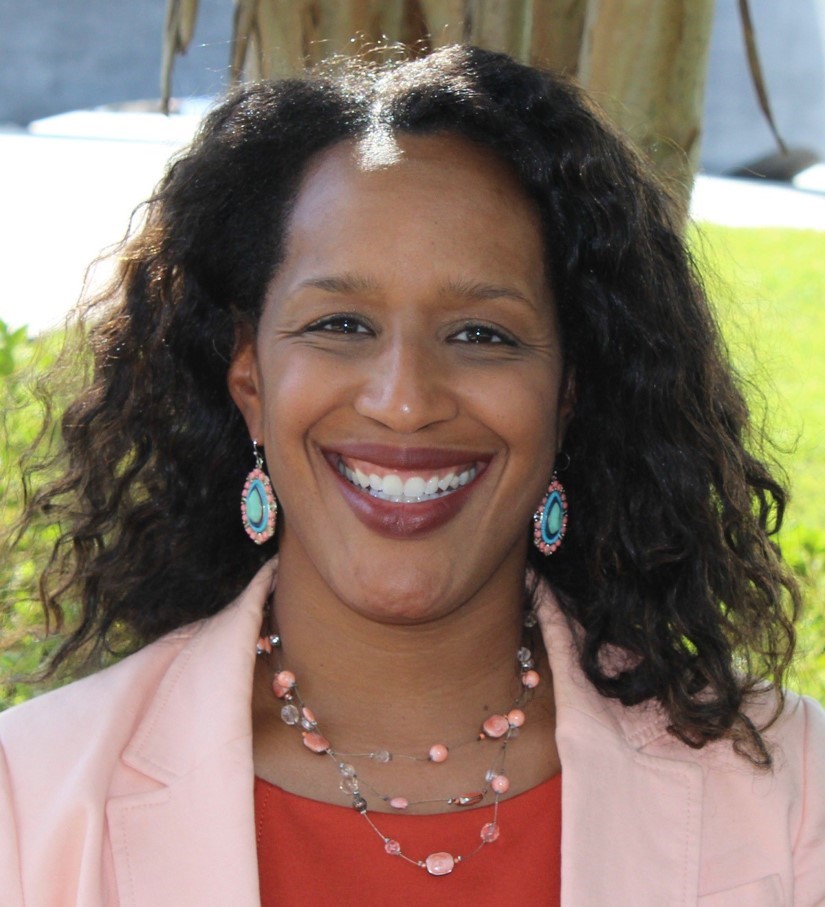Increasing Parental Capacity through Relational Health

Khadijia Tribié Reid, MD, MPH, FAAP
April 15, 2022
A recent AAP Pediatrics On Call podcast about the shame surrounding substance use disorder really resonated with me.
Kenneth Zoucha, MD, FAAP, talked with the hosts about the importance of reducing parental stigma associated with substance use disorder. He discussed how self-stigma tied to SUD decreased parental capacity and is often perceived as non-compliance and poor parenting by providers and institutions. He explained that parents may not show up for appointments or engage in ways that professional helpers would like because their guilt and shame make them feel unworthy of care.
The episode also featured the perspective of a parent and patient advocate, Tamela Milan-Alexander, MPPA, who had a substance use disorder. As a result, several of her children were removed from her care by the Department of Children and Family Services in Chicago. She discussed how her relationship with her daughter’s pediatrician helped her become a better parent and regain custody of her children.
Her advice was this: Meet parents where they are. Not where we want them to be, but “where they are.”
As a community health center pediatrician, I witness stigma extend well beyond the parameters of SUD. The parents and children I see experience the weight of stigma associated with countless descriptors: the way they talk, the way they wear their hair, the way they engage with institutions, their “no-show” frequency, the cleanliness of their children, the behavior of their kids, the number of kids they have, their own disabilities, their age, their marital status, their employment status, their address, their ethnicity, and their race.
As humans, we all use mental shortcuts to determine so much about others, including the quality of a person’s parenting. In all our biased surveillance, we often lose sight of the goal: to build healthy children.
Reducing stigma and amplifying parental strengths is key to improving the health of children. The 2021 AAP Policy Statement “Preventing Childhood Toxic Stress: Partnering with Communities and Families to Promote Relational Health” describes how safe, stable, and nurturing relationships buffer the negative impact of Adverse Childhood Experience. This relational health is key to minimizing the negative health outcomes associated with ACEs.
Over my 15 years building relationships with families as a community health pediatrician, I’ve witnessed parental capacities blossom. My relationships with parents have taken me through mountains and valleys: compliance issues, Department of Health and Human Services referrals, foster care placements, reunifications, homelessness, involuntary commitments, hopefulness, parental incarcerations, relapses, recoveries, military school placements, criminal justice system involvement, high school graduations, and joyful college acceptances.
If we stand still and remain available, we build relationships. With the help of an integrated primary behavioral health care team, our health center meets parents where they are, not where we want them to be. We help families complete preschool applications, connect families with therapists, and help patients navigate the health care maze. And families keep coming back. They learn to trust us instead of going to the emergency room for every runny nose. They initiate requests for behavioral health care. They learn to advocate for themselves.
“I watch families climb from beneath the mountain of stigma and shame heaped upon them to dare to be seen.”
I watch families climb from beneath the mountain of stigma and shame heaped upon them to dare to be seen. Our continued presence, as an institution, dissolves abstract barriers like stigma and shame. Our presence means, “Parent, we care, and you are worth our care.”
Just as a child needs safe, stable, and nurturing relationships, so do their caregivers. As we develop our institutional capacities around this relational health framework, we grow caregivers’ capacities to do the same. For the past seven years, I’ve been challenged by the enormity of ACEs. How could we solve this problem whose components feel woven into the fabric of societies?
But the relational health framework provides hope. It gives medical providers and institutional leaders a path to buffer the impact of ACEs: a path to better health for our children.
*The views expressed in this article are those of the author, and not necessarily those of the American Academy of Pediatrics.
About the Author
Khadijia Tribié Reid, MD, MPH, FAAP
Khadijia Tribié Reid, MD, MPH, FAAP, is the Pediatric Medical Director of MedNorth Health Center, a federally qualified health center in North Carolina.